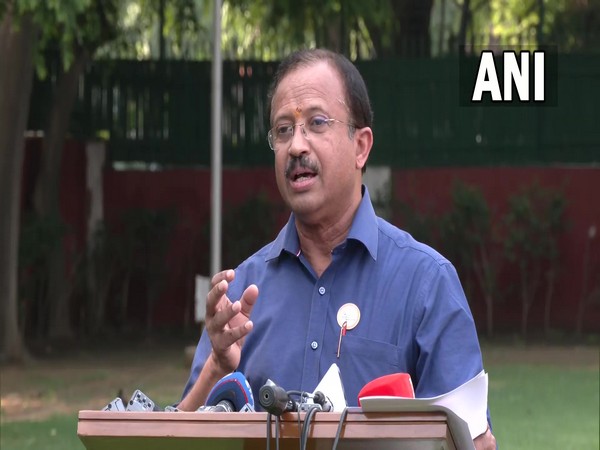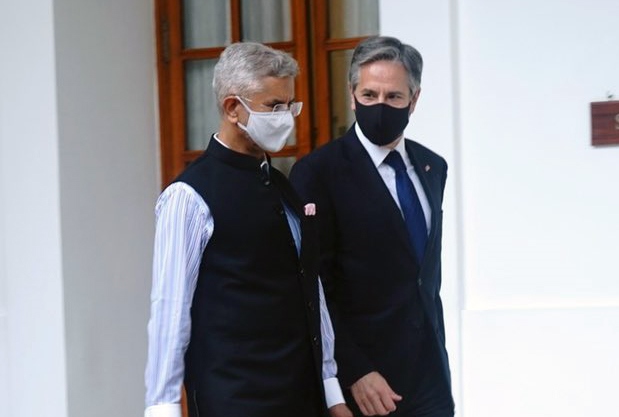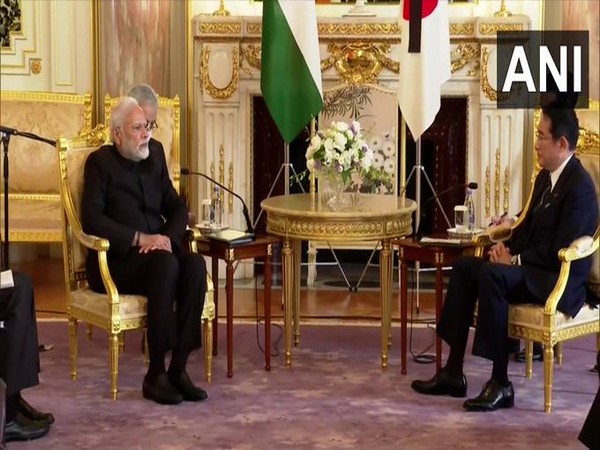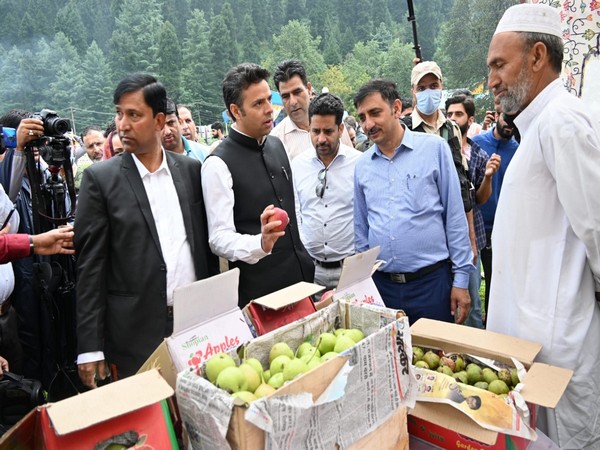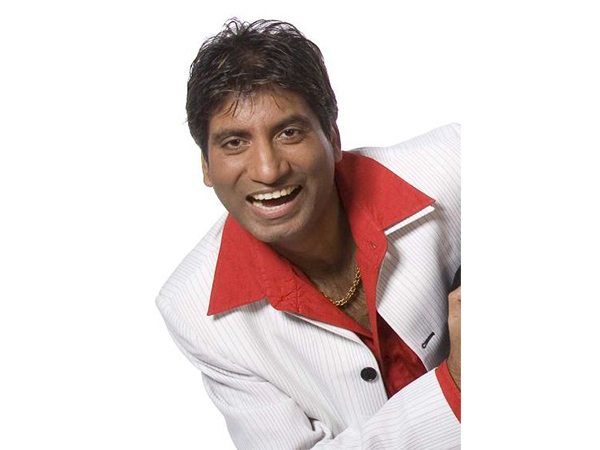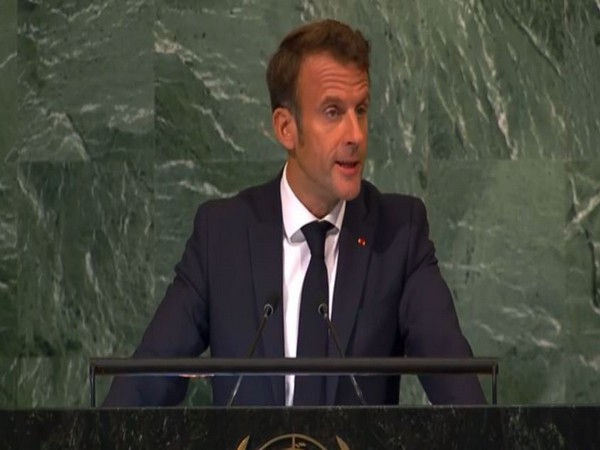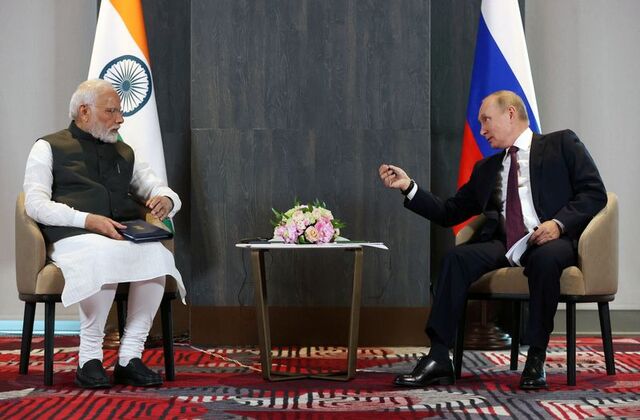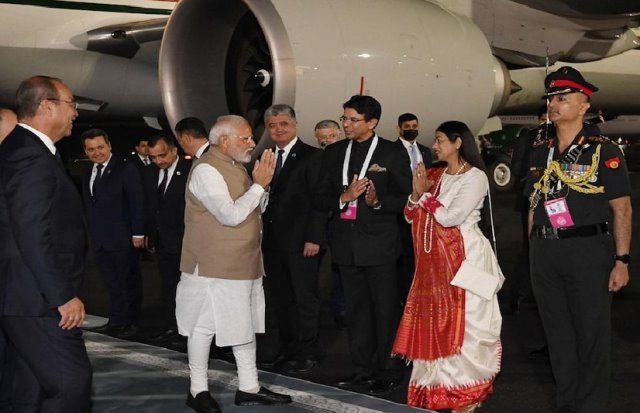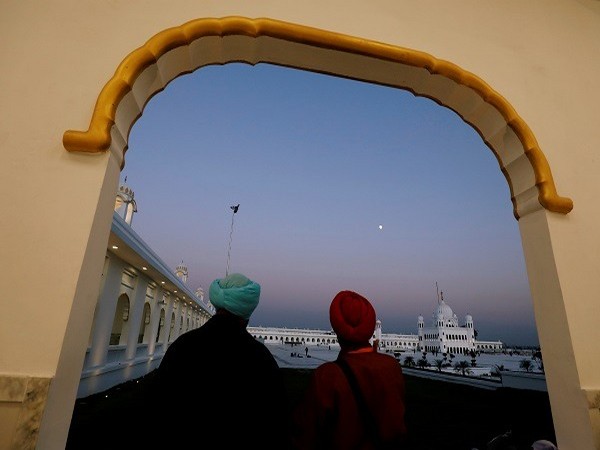Earlier residents of areas near the Line of Control on the international border wanted bunkers to save themselves from shelling, but now with peace prevailing, they seek good roads and mobile connectivity to welcome tourists.
In February 2020, India and Pakistan agreed to abide by the ceasefire agreement signed between the two countries in 2004, following the killing of civilians on both sides in ceasefire violations.
The fresh understanding to abide by the ceasefire arrived after Prime Minister Narendra Modi-led government was successful in their secret diplomacy in bringing Pakistan to negotiating table secretly to implement the ceasefire.
This successful diplomacy has its dividends for LoC residents in places like Keran, Teetwal, Uri and Gurez. Two years before the residents of these LoC areas demanded underground concrete bunkers to save themselves from daily shelling and firing between India and Pakistan armies.
For 50-year-old Mufeez Khan of Keran at the Line of Control, his only demand for years to the Jammu and Kashmir government was a concrete bunker near his house to save his family from shelling and firing during ceasefire violations by the Pakistan army.
“I am constructing a new house to make it a hotel as tourists have been flocking our area for last one year. Tourism will boost our economy and we can earn a livelihood,” said Khan who lives in Keran where all houses are perched on a hill station overlooking the gushing water of the Kishenganga river.
Khan and his relatives in this picturesque area of Keran have now converted their houses into homestays for tourists.
Abound with picturesque beauty these hilly stations area at LoC like Keran, Teetwal, Uri and Gurez offer visitors with camping, trekking, adventure, and rafting far from the maddening crowd of Pahalgam and Gulmarg.
“Tourists across the country are visiting here to see the beauty of Keran and other areas. We are reaping the dividends of the ceasefire. Even women in our homes now earn at home by cooking food for tourists,” said Khan.
On tourists thronging Kashmir, Jammu and Kashmir LG Manoj Sinha said” this is the golden period for Jammu and Kashmir in which all the records of the last 15-20 years have been broken. More than 80 lakh tourists arrived here in the last months. This has brought prosperity and is helping people establish peace.”
The residents are now demanding good roads and mobile networks in their regions to welcome tourists.
“Civil administration has neglected these areas and not building roads or setting up a mobile network here. The administration must gear up for development now,” Tariq Abrar, a young man in the Madian village of Keran said.
From camping to holding marriage functions, these LoC villages can have an economic turnaround where livelihood opportunities are scant.
Officials in Jammu and Kashmir tourism department said the peaceful LoC has borne the idea of border tourism which is turning into a boon for the local residents.
“Tourists are thronging the LoC and border destinations which gives visitors a different life experience than in Pahalgam or Gulmarg,” an official of the tourism department said. At Zero Line in the Keran sector of Kupwara district in north Kashmir, locals have erected tents on the banks of Kishenganga river for visitors.
“I was sitting idle at home for years and sliding into depression in absence of livelihood. For the last one year, I have opened a campsite by erecting tents for visitors. My livelihood concern is over now, thanks to a ceasefire” Fakhruddin Wani, who has opened a campsite in Keran on the banks of Kishenganga river.
An army official posted in Keran said that locals and non-local tourists have been visiting the area as it offers a refreshing tour for anyone.
In the Uri sector, it has now become possible for LoC residents to hold marriage functions that one could not even think of before the ceasefire.
In Silikote village of Uri sector which is just inside the LoC fence, a 32-year-old Mudasir Ahmad Khawaja become the first groom to be offered welcome by locals and the Indian Army.
“My marriage is possible because of the ceasefire agreement between India and Pakistan. We are living peacefully and hope our children also reap its dividends,” Khawaja said.
Naveed Bukhtiyar, a young social activist and lawyer from Uri, said many residents who had fled to Uri town in fear of shelling and firing are now returning homes after year. “It is a peaceful life for all of us. Marriages, festivals and celebrations are now a reality on LoC thanks to the ceasefire,” he said.
The promotion of tourism on the LoC and convert it into a peace zone has been bolstered by the efforts of the Jammu and Kashmir Lieutenant Governor administrations. From holding musical, and cultural festivals to sports activities in these LoC areas, the tourism department is making full efforts to attract visitors to these destinations. For these events, Teetwal, Suchetgarh, Turtuk in Ladakh, Keran, Uri and Gurez are registering increased footfall of tourists.
Secretary Tourism Sarmad Hafeez with the opening of LoC and border tourism, Jammu & Kashmir is now an all-season destination, resulting in record footfall of tourists this year. (ANI)
Read More:http://13.232.95.176/
